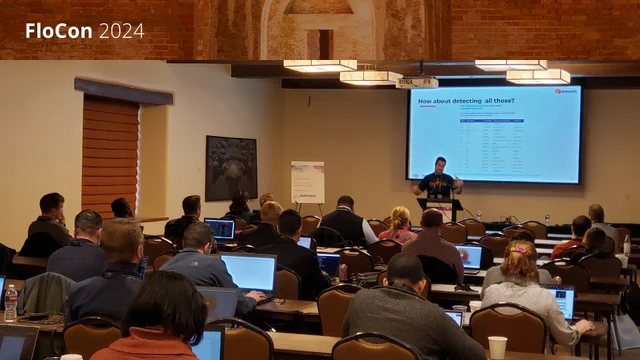To Lead Software and AI Engineering, U.S. Faces Five Critical Needs Says Workshop Summary

• Article
September 25, 2023—The software community needs new approaches to navigating the opportunities and challenges of artificial intelligence (AI) in future software systems and advancing technologies in software development. A recently released executive summary to a forthcoming report identifies five critical needs and priorities for building and maintaining U.S. leadership in software engineering and AI engineering.
In June, the Software Engineering Institute (SEI) cohosted a workshop with the Networking and Information Technology Research and Development (NITRD) program of the White House Office of Science and Technology Policy (OSTP). Participants in the U.S. Leadership in Software Engineering and AI Engineering: Critical Needs and Priorities Workshop included thought leaders from federal research funding agencies, research laboratories, mission agencies, and commercial organizations. They explored “software-related challenges that are critical for multidisciplinary research across domains of importance to the nation, as well as the promising research that is needed to engineer the necessary systems reliably and well,” according to the workshop executive summary.
The workshop summary discusses five themes that emerged about the accelerating pace of new technologies in the software development lifecycle and the part AI will play in shaping software systems:
- AI is transforming the software engineering process and how we engineer software systems. The increasing symbiosis of humans and machines is transforming every phase of the software development lifecycle.
- While generative AI has reached a level of sophistication that may seem to resemble human intelligence, it is considerably harder to determine the level of trust that should be placed in the outputs.
- Redefining the discipline of software engineering to encompass the use of new technologies (including but not limited to generative AI) is imperative, along with rethinking the associated curricula, tools, and technologies. This effort is key to designing and building, evolving, and evaluating trustworthy software systems in a responsible, ethical way.
- New technologies, including generative AI, seem to hold the promise of making almost everyone a programmer. As a result, AI literacy and the development of new skills are needed throughout the workforce.
- The use of AI tools such as LLMs can mask the tradeoffs being made between the functionality of software systems and their safety and security. Research is needed to identify and make explicit the key engineering tradeoffs being made during the design, development, training, testing, and authorization of systems that include AI components.
The U.S. Leadership workshop used the 2021 SEI report Architecting the Future of Software Engineering: A National Agenda for Software Engineering Research and Development as a starting point. The report details an R&D roadmap for engineering next-generation software-reliant systems. Three of its recommended areas of future research guided the workshop’s discussions: AI-augmented software development, assuring continuously evolving systems, and engineering AI-enabled software systems.
The workshop marks a milestone for the SEI’s national agenda for software engineering research and development, which calls for the software engineering community to come together and tackle the fast-changing challenges of the field. "At a fundamental level, all AI systems are software systems,” said Anita Carleton, director of the SEI’s Software Solutions Division and the workshop’s co-organizer. “Now that fast-moving AI technologies are beginning to affect all aspects of society, it is more important than ever to bring together cross-sections of academia, industry, and government to inform a community strategy for building and maintaining U.S. leadership in software engineering."
Besides the five themes, the workshop participants also identified a need to invest in the right technical domains and to improve mechanisms for collaboration among academia, industry, and the federal space. Such collaborations will be needed to foster research and development breakthroughs in software engineering and AI engineering, system architectures, and defining trustable systems. The summary provides specific areas of research.
The workshop’s complete findings will be detailed in a report, co-authored by the SEI and NITRD, in the coming months.
Download the executive summary of the U.S. Leadership in Software Engineering and AI Engineering: Critical Needs and Priorities Workshop from the SEI Digital Library.

